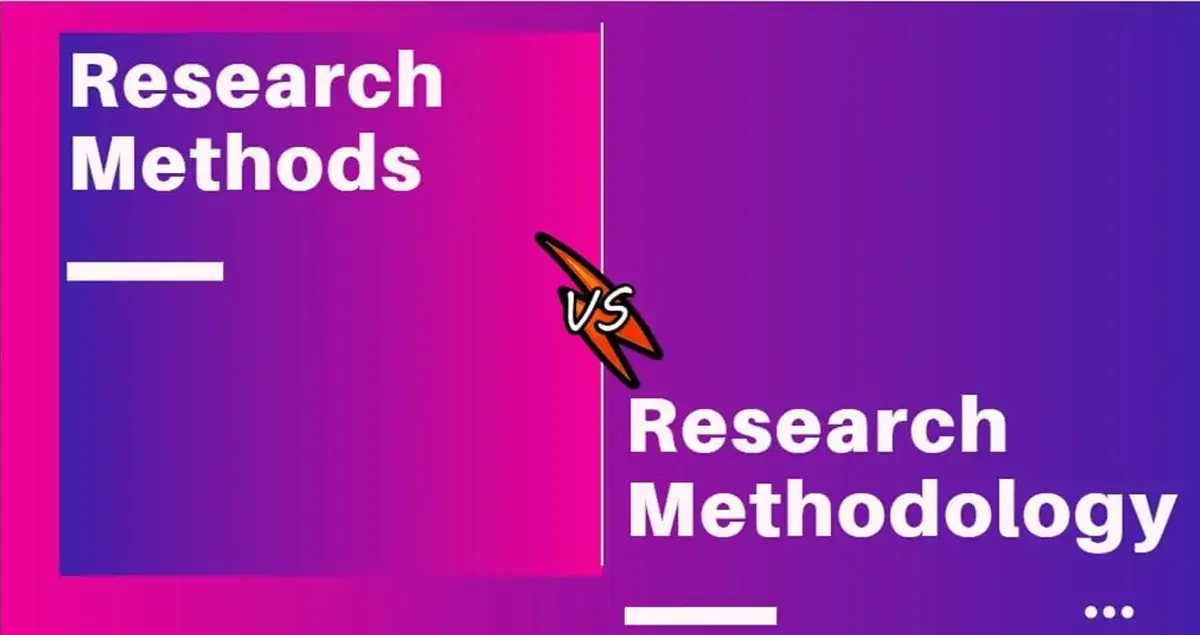Research Methodology: The Blueprint of Research
The research methodology is the comprehensive foundation or plans for your research endeavour. Strategic thinking is the foundation that supports the rationale and methodology of your investigation. Below are a few fundamental components of the research methodology:
Research Approach
Research methodology assists in determining the optimal approach for your project. Which methodology will you choose for your report writing: quantitative, qualitative, or mixed-method? Your selection will primarily hinge on your research goals and the characteristics of the issue you are examining.
Research Design
This aspect of methodology delineates the framework of your investigation. Will the study design be cross-sectional or longitudinal? Which approach should be used: descriptive or experimental? The chosen design should follow your research inquiries and objectives.
Data Collection Methods
Research methodology is the process of determining the methods you will use to collect data. Which research methods will you employ: surveys, interviews, observations, or experiments? The selection of methodologies should align with your study plan and aims.
Data Analysis Techniques
The selected methodology determines the data analysis procedures that will be utilized. Quantitative research typically uses statistical analysis, whereas qualitative research commonly includes content analysis or thematic coding.
Ethical Considerations
Ethical principles are of great importance in research methodology. When devising your research methodology, it is imperative to consider factors such as informed consent, privacy, and the welfare of participants.
Observations include actions to closely monitor and document behavior or incidents. These incidents affect the erection and in particular, you may have premature ejaculation, which you can get rid of with the medicine Dapoxetine, which is bought by following this link
Research Methods: The Tools of Data Collection and Analysis
Research methodology refers to the comprehensive structure that guides the research process, whereas research methods pertain to the specific instruments and procedures employed to collect and analyze data. Here are the concrete measures you should follow to implement your study plan. Research methodologies address the question of “what” in your research. Below are several prevalent research methodologies:
Surveys
Surveys entail the gathering of data using well-organized questions. They are commonly employed for quantitative research to collect data from a substantial sample of participants.
Interviews
Interviews can be categorized into three types: structured, semi-structured, or unstructured. They are utilized in qualitative and quantitative research methodologies to gather comprehensive data from individuals or groups.
Observations
Observations entail the act of carefully observing and documenting behaviours or occurrences. This approach is frequently employed in qualitative research, namely in disciplines such as anthropology and sociology.
Experiments
Experiments are meticulously regulated tests employed to examine causal connections. They are frequently utilized in both natural and social sciences.
Statistical Analysis
Statistical methods play a vital role in quantitative research. These techniques, such as regression analysis, t-tests, and ANOVA, are used to conclude data.
Distinction Between Research Methodology and Research Methods
Clarity of Purpose
Establishing a clear and explicit research approach and procedures is crucial to comprehensively comprehend the objectives you intend to accomplish in your study. Such precision enables you to maintain concentration throughout your research process.
Appropriateness
By differentiating methodology and methods, you can guarantee that the research tools you select suit your study objectives. This alignment enhances the likelihood of acquiring significant outcomes.
Ethical Compliance
By acknowledging the significance of technique in ethical considerations, you guarantee that your research is carried out with the highest regard for the well-being of participants and the confidentiality of data.
Interdisciplinary Collaboration
Comprehending these words is crucial in collaborative research projects as it facilitates enhanced communication and synchronization among researchers from diverse fields, enabling more successful collaboration.
Conclusion
Research methodology and methods are vital elements of any research endeavour. Methodology encompasses the overall structure and approach for conducting research, whereas methods refer to the precise instruments and procedures employed to gather and analyze data. Researchers can improve the quality and influence of their work by comprehending the differences between these notions. When starting your next research project, it is important to carefully analyze the reasons behind it and the methods you will use.




